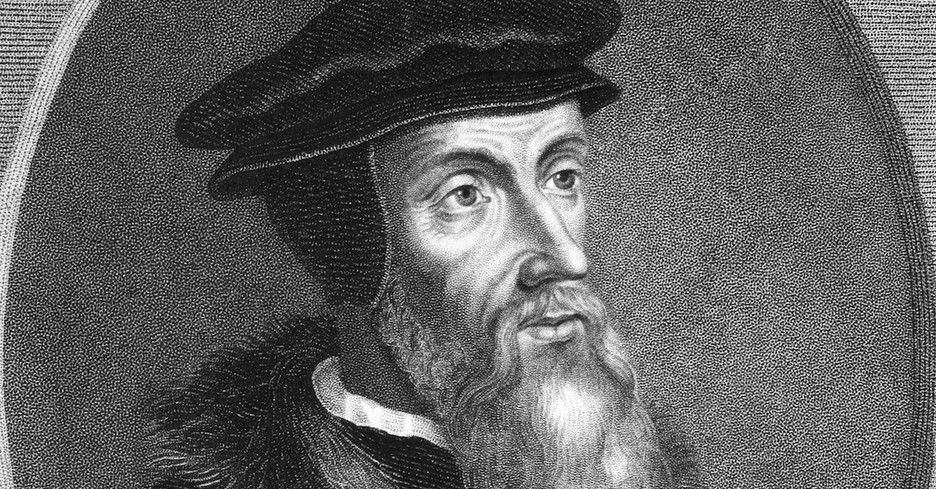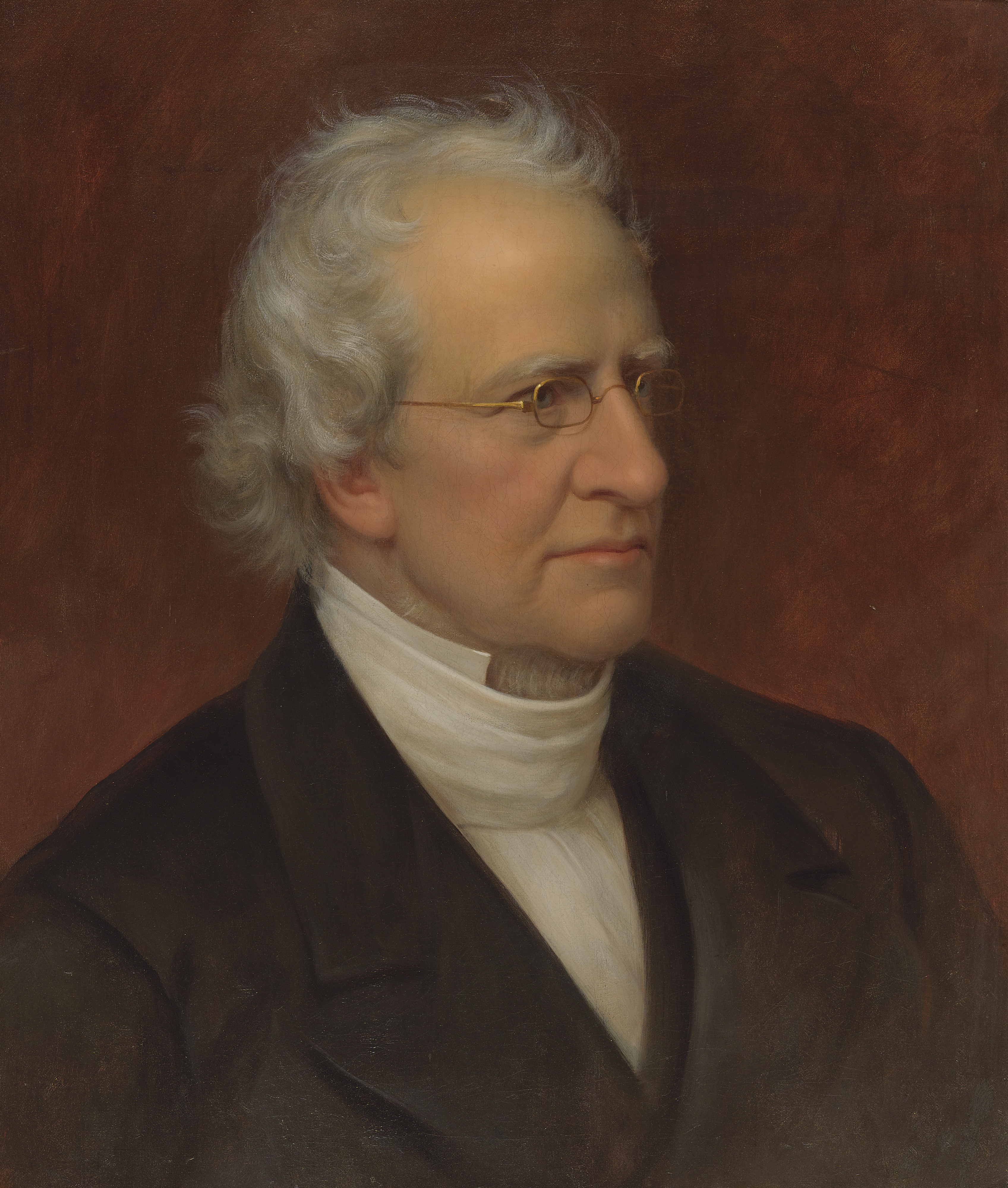What is the reflection of Calvin concerning the nature of Christ, particularly in solving the two nature –one nature controversy and communication of the properties of these two natures in one person Christ?
Calvin, in his book, Institutes of Christian Religion, Volume II, Chapters 13 and 14, extensively discussed this matter, in a way responding to former and rival heresies. In Chapter 13, Calvin referred to Romans Chapter 9:5 and Galatians 3:16 as a proof for Christ's true descent from David, meaning his human nature. So Christ's humanity is not something mythical or mysterious, but real as the flesh of any human being. Calvin, asserting the genealogy as concrete, by a reference from (Mt. 1:5, 16) adds to this fact saying Christ was fully nourished by his mother until maturity. So Christ's human nature was not mythical or symbolic but true, according to the analysis of Calvin.
- Then Calvin moved on to the exploration of the way the two natures were handled together and communication to each other.
Having said this, it seems inescapable for Calvin to deal with how Christ could be exempted from the effect of sin which looks the fate of all humanity? To solve such a dilemma, Calvin said, Christ though true human, as a second Adam, he was not from earth but from above. Christ is pure not because he was from the seed of the woman but he was man, at the same time lord, and he descended from heaven to earth without abandoning heaven. Calvin referred to Romans 5:12; 18, and 1 Corinthians 15: 47 as a proof for his arguments.
Well there is complete agreement as to the sinless living Christ during his stay on earth. This is very clear in John 17 and no objection to this as far as this research is concerned. But proofs referring to either Romans 5:12; 18 or 1Corinthians 15:47 seem to hint something else other than purity or sinless nature of Christ as a human.
Concerning Christ's sinless discussion, to say, Christ was born of the woman not from the man or to say the Holy Spirit sanctified everything to make the generation free of any taint is not an argument which bases itself on a established text. However, this never detracts this reflection, because the main issue is yet to come in Calvin's next discussion about the ways the two natures might communicate.
Calvin in chapter 14, the very first three paragraphs, discussed the communication of these two natures referring to scriptural proofs. He said some texts are assigned to his divinity, some to his humanity and some to both natures. His argument goes like; "that the entire properties of each nature remain entire, and yet the two natures constitute only one Christ".
Referring to John 3:13, Calvin argues that, the son of man is the one who ascended, taking this as comprehending the two natures at once. It is very true that what is "attributed to the 'One' properly belonged to the 'Other'.
Comprehending of the two natures in one person is not a problem but the text citation referred above still has another concern, referring to Christ's pre-incarnate dwelling rather than a movement from heaven to earth and the vice versa.
May be Calvin is more following former assumptions than the clear meaning of the text. Reservation here is not on the position of Calvin but on the scriptural proofs given for his assertions.
Christ's authority to forgive sins, still part of Calvin's argument as a proof for the divine act under one person, raises more fire again. Did Christ really forgive the one who was said 'his sins are forgiven'? What was the case there in the context? Wasn't it that the man needed healing and he got his physical healing but Christ used that opportunity to reorient his audience that the son of God has authority to forgive sins than an immediate offer of forgiveness? How can this be a proof for the communication of two natures at once?
Arguing against Christ's two natures in one person is not an issue here, but the scriptural proofs given are completely away from what Calvin meant. What Calvin has said in his beginning pages of chapter 14, is very reasonable, as he said;
but because he was hid under a humble clothing of flesh, and took upon himself the form of a servant, and humbled himself (Phil. 2:8), and, laying aside the insignia of majesty, became obedient to the Father; and after undergoing this subjection was at length crowned with glory and honor (Heb. 2:7), and exalted to supreme authority, that at his name every knee should bow (Phil. 2:10); so at the end he will subject to the Father both the name and the crown of glory, and whatever he received of the Father, that God may be all in all (1 Cor. 15:28).
What does humble clothing mean? Simply, God's humiliation in flesh, or God's limitation of Himself; what does laying aside the insignia of majesty mean? Laying aside is laying aside, no other meaning implied even in Calvin's argument. How did Calvin use Hebrews 2:7 "at "length' crowned with glory and honor" …and 1 Corinthians 15:28 after his exegesis of Philippians 2:5-11? Calvin's theology confirms that the former divine enablement was temporarily suspended for the mission of his stay on earth up until all will be under his footstool at length.
I think, while Jesus died on the cross, if the same person represents both natures, it is very true that suffering and death worked on both natures, but not as far as annihilation of these natures. The change applied on God through the incarnation is not mutability, rather a movement of God within the dimensional boundary of Himself.




